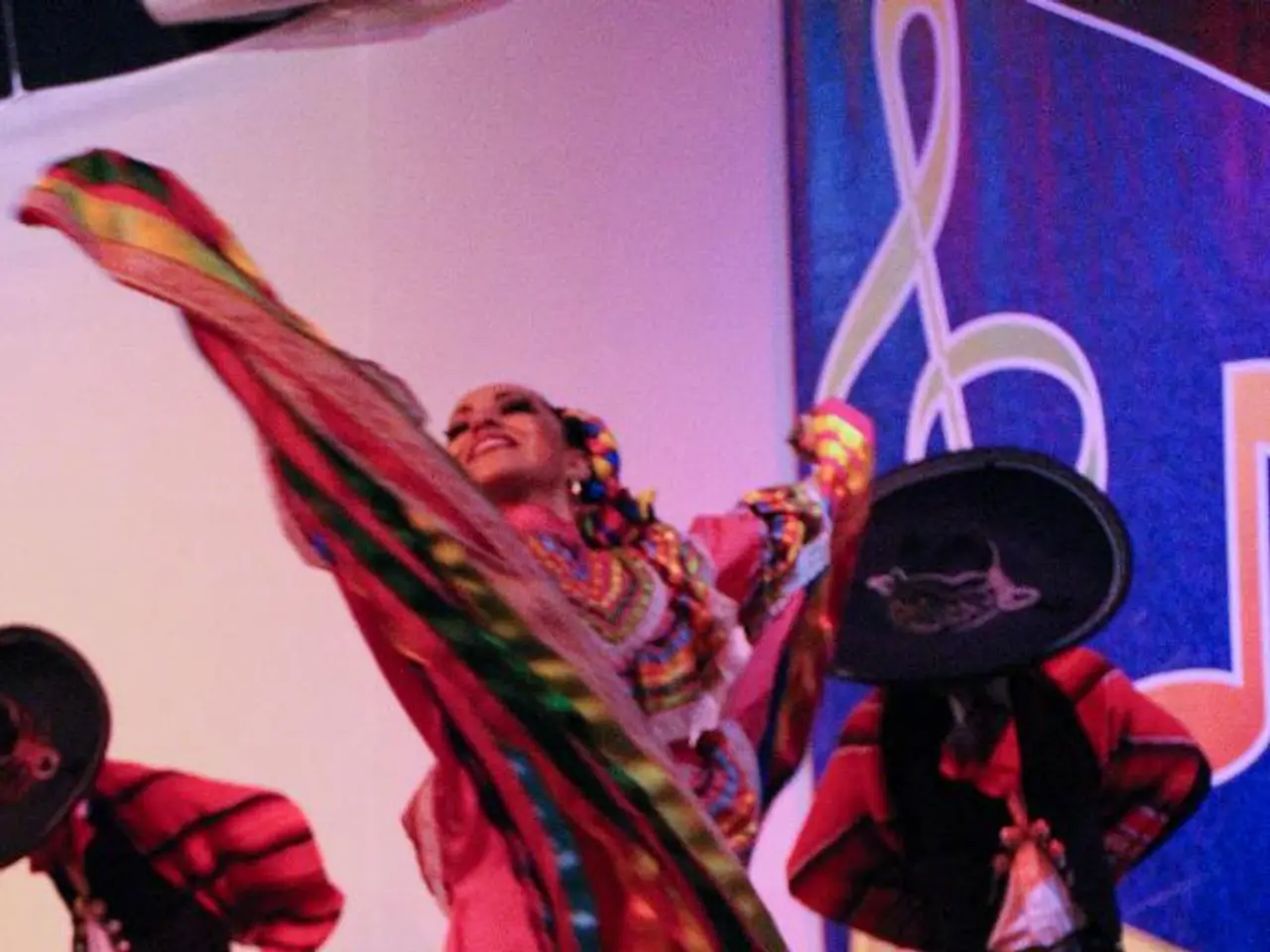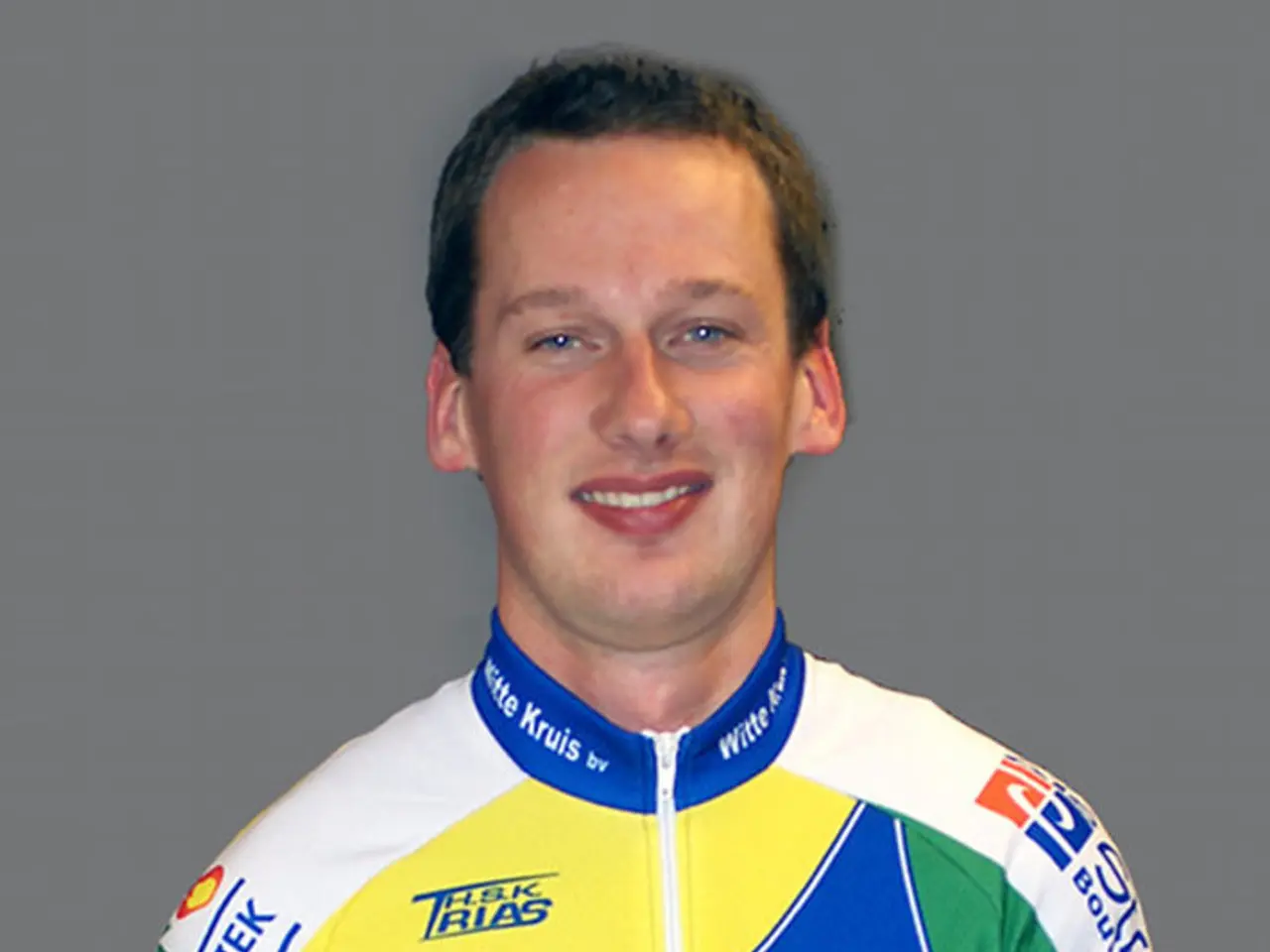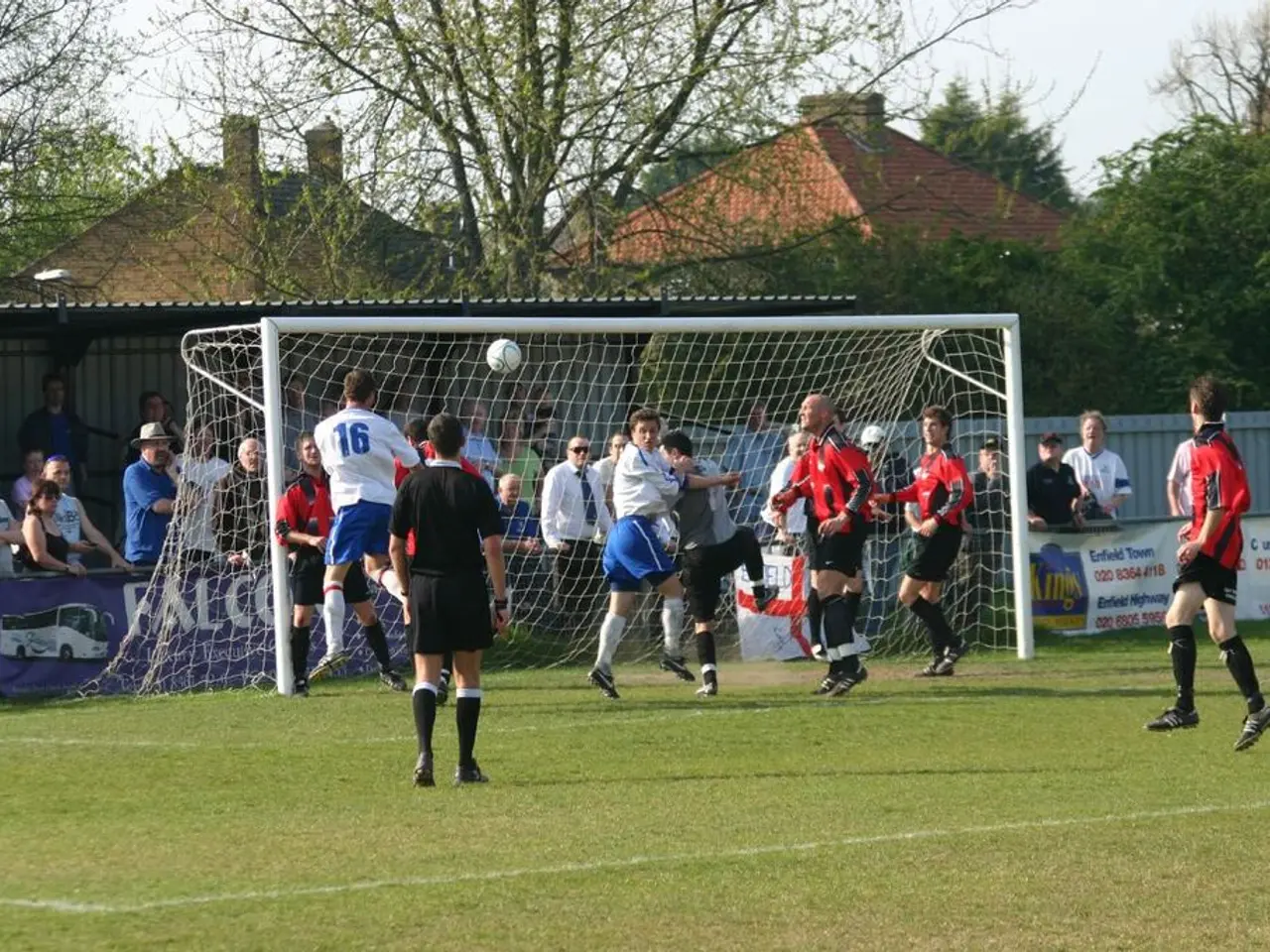Life Story of Elvis Presley
Elvis Presley, the King of Rock and Roll, took his first steps towards stardom in 1955 with the release of his single "Baby Let's Play House". This pivotal moment marked a transition from a predominantly country-western style to a pioneering rockabilly sound that integrated country with R&B influences, shaping the future of rock and roll.
Initially, Presley's recordings on Sun Records showcased a strong country-western influence. "Baby Let's Play House" entered the Cash Box Country and Western chart at number 15 in July 1955. However, the music soon began to shift towards rockabilly, a fusion of country music with rhythm and blues. This transition was largely facilitated by producer Sam Phillips, who sought to bring African American music styles to a wider audience through Presley's recordings.
The single was not Presley's first release. His debut single, "That's All Right," had become a fast-selling record in the Memphis area. By the time "Baby Let's Play House" was released, Presley, Scotty, and Bill were performing on their own, often billed as Elvis Presley and the Blue Moon Boys or the Hillbilly Cat and the Blue Moon Boys.
The addition of drummer D.J. Fontana in 1955 further solidified Presley's rockabilly sound. Bill Black, the bass player, was known for his antics during performances, such as dancing with his large bass fiddle or rolling it across the floor. Presley made the song his own by including the syncopated phrasing "babe-babe-baby" in the verse and changing certain lyrics.
The release of "Baby Let's Play House" was a key transitional moment. It was originally written and recorded by rhythm-and-blues singer Arthur Gunter, who based it on country singer Eddy Arnold's 1951 hit, "I Want to Play House with You." However, Presley's unique interpretation crystallized the rockabilly sound, a fusion of country music with rhythm and blues that Presley helped pioneer.
Presley's newfound fame brought the band better bookings in larger towns where their act was more acceptable. Audiences on smaller country circuits considered Presley's performances too wild. However, his weekly performances on the Louisiana Hayride radio show helped his music become more widely known.
Bob Neal, a disc jockey at country station WMPS in Memphis, became Presley's professional manager and began promoting their Sun recordings, booking tours, and handling business arrangements. The station received numerous requests for both sides of the disc after playing the record. Dewey Phillips, a popular disc jockey, played Presley's "That's All Right" on his Red Hot and Blue radio program on July 7, 1954, launching Presley's career.
By late 1955 and into 1956, Presley's sound had fully embraced rockabilly, leading to his breakthrough hits after signing with RCA Victor, such as "Heartbreak Hotel," which sold millions and solidified his role in popularizing rock and roll. This second record, released on September 25, 1954, included "Good Rockin' Tonight" and "I Don't Care If the Sun Don't Shine." It sold 4,000 copies in the Memphis area in just two-and-a-half weeks.
In summary, the release of "Baby Let's Play House" marked a key transitional moment where Presley moved from a predominantly country-western style to a pioneering rockabilly sound that integrated country with R&B influences, shaping the future of rock and roll.
Celebrities across the pop-culture sphere celebrated Elvis Presley's transformation from country-western music to a revolutionary rockabilly sound, as his single "Baby Let's Play House" paved the way for a new era of entertainment. This shift, facilitated by producer Sam Phillips, fused country music with rhythm and blues, creating a unique blend that would significantly impact popular culture.








